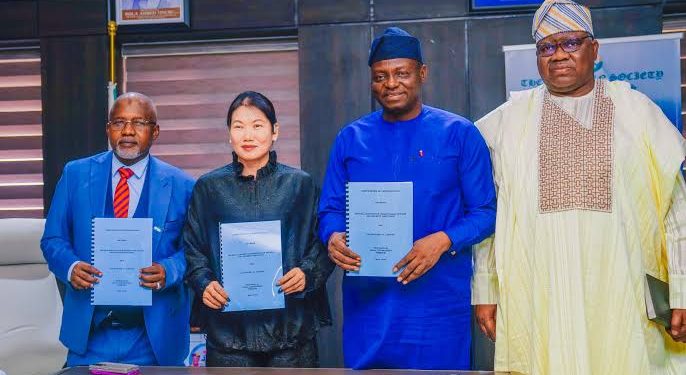In a renewed push to reduce unemployment and equip young Nigerians with practical skills, the Federal Government has unveiled a partnership with CIG Motors to train 365 youths in automobile maintenance across the country.
The initiative, spearheaded by the Federal Ministry of Humanitarian Affairs and Poverty Reduction, will provide hands-on, technical training in vehicle maintenance through a structured programme that cuts across Nigeria’s six geopolitical zones. The selected states hosting the training centres are Lagos (South West), Enugu (South East), Akwa Ibom (South South), Plateau (North Central), Adamawa (North East), and Kaduna (North West).
CIG Motors, as part of its Corporate Social Responsibility, is offering the training free of charge, both to participants and the Federal Government. The Ministry will coordinate logistics and provide overall supervision and monitoring to ensure the programme’s smooth rollout and effectiveness.
The Memorandum of Understanding (MoU) was signed on May 8, 2025, between the Minister of Humanitarian Affairs and Poverty Reduction and the Chairman/CEO of CIG Motors at the Ministry’s headquarters in Abuja. The agreement will run for an initial period of five years, with a provision for automatic renewal unless a party requests renegotiation at least six months before the expiration of the term.
According to the Ministry, the automobile maintenance programme forms part of the Federal Government’s ‘Skill-to-Wealth’ agenda, aimed at empowering youths and vulnerable populations by equipping them with income-generating skills that can foster long-term employment or self-reliance.
The Minister commended CIG Motors for its initiative, stating that the programme aligns with President Bola Ahmed Tinubu’s Renewed Hope Agenda, which places strong emphasis on job creation, skill acquisition, and poverty alleviation. By bringing private sector players like CIG Motors into the national development strategy, the government hopes to widen access to employment opportunities and reduce economic vulnerability among young people.
With a youth population eager for economic empowerment, the government believes such partnerships offer a sustainable pathway to national development and inclusive growth. The programme is expected to begin soon, with beneficiary selection and training schedules to be released by the Ministry in the coming weeks










